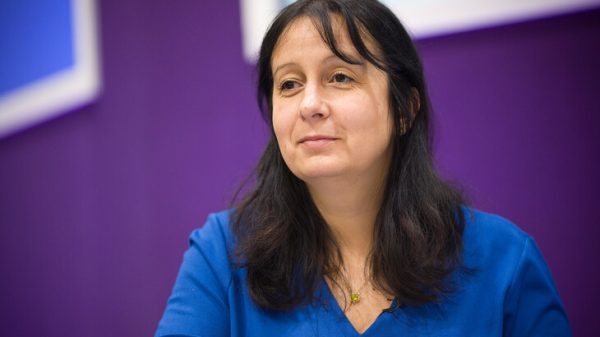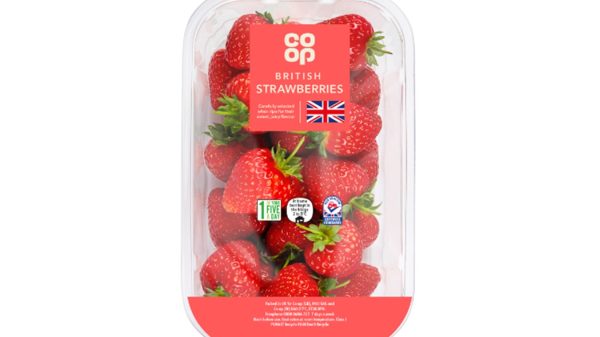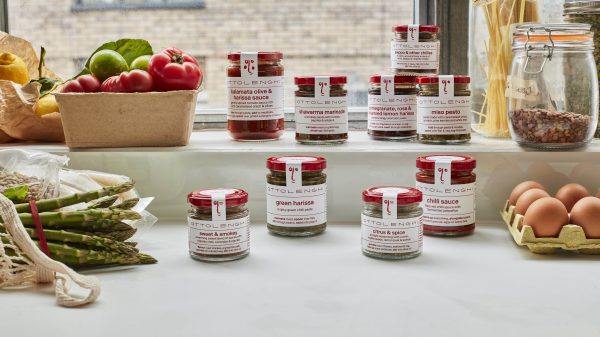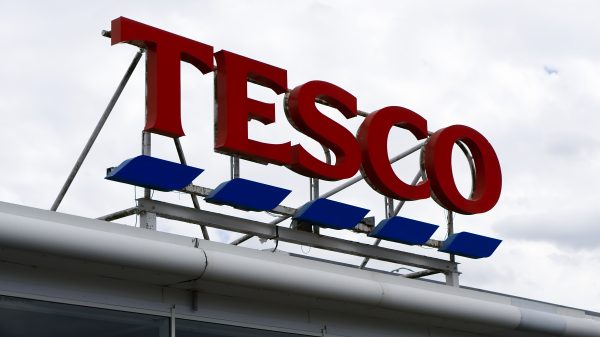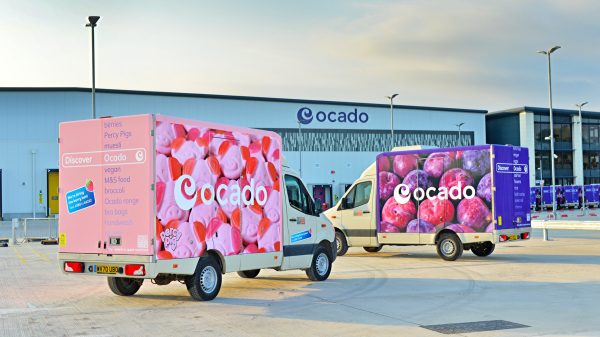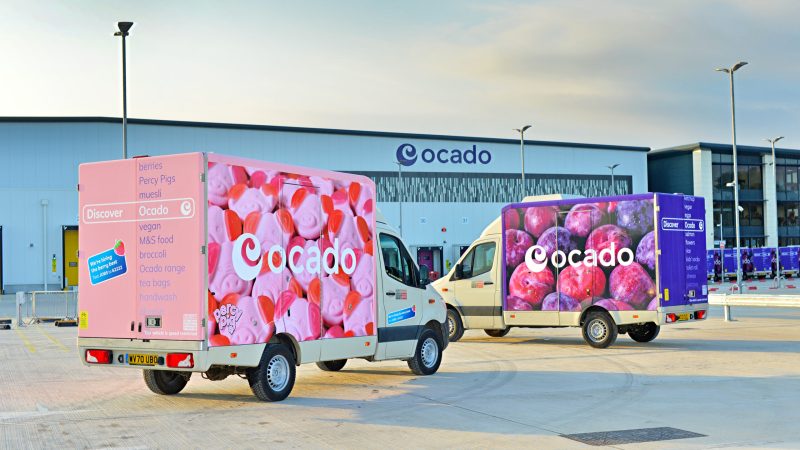Food manufacturers and warehouse companies have struggled with staff absences, which have doubled as the Omicron variant sweeps across the nation.
The CBI said larger companies would be able to cope by hiring temporary workers, putting off non-essential work and scraping by with lower staffing as long as self-isolating workers did not rise above the tipping point.
This news comes as Tesco revealed around 13,000 temporary Christmas staff have been kept on to help cope with Omicron staff absences.
READ MORE: Tesco keeps on 13,000 Christmas staff for Covid cover
Food manufacturing and warehousing sectors face the largest challenges with recruitment and high costs to arrange for self-isolating staff. This is likely to add to the existing wage pressure that has fuelled the highest rate of inflation in over a decade.
UK Warehousing Association chief executive Clare Bottle said some operators reported that more than 30% of their staff were off sick in the first week after the winter holidays.
Consequently, several warehouses have reduced sick pay to the statutory minimum, following in the footsteps of high-profile retailers including Morrisons, Ikea and Next.
The pay reduction comes as the Trade Unions Congress (TUC) revealed that the UK has the lowest statutory sick pay in real terms in almost two decades.
Maxim Logistics, a company that delivers to food manufacturers, said Omicron made it harder to manage staff absences especially due to the longer self-isolation requirement for those who were not vaccinated.
The managing director said despite “juggling people around” they have seen more customers cancelling orders at short notice because they couldn’t run enough shifts.
Health secretary Sajid Javid has reduced the Covid-19 isolation period to five full days after pressures from businesses and party members.
Click here to sign up to Grocery Gazette’s free daily email newsletter

